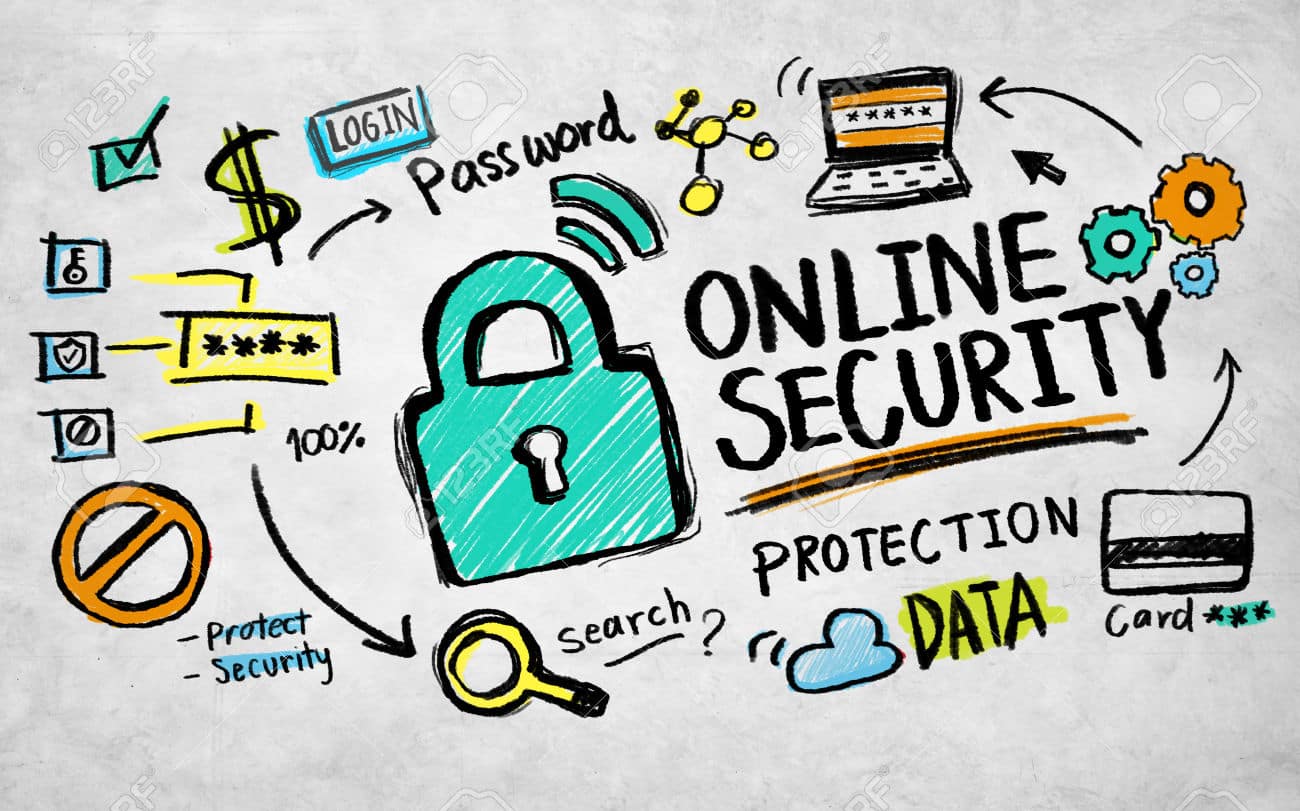In 2015, CNN reported that teenagers spend about 9 hours on some sort of media each day (CNN, 2015). Even kids as young as eight spent an average of 6 hours online daily. While most of this time will be spent playing games and connecting with friends, sometimes kids can put themselves in danger. There are laws that help protect children online, such as the Children’s Online Privacy Protection Act, or COPPA, which prevents internet companies from collecting personal information from anyone under the age of 13. However, these laws are merely safeguards and can’t prevent children from other online dangers. Since kids are spending so much time online, it is important for parents to think about ways to keep their children safe.
Dangers that kids face online include falling victim to scams, accidentally downloading malware, experiencing cyberbullying, and being a victim of a cyber predator. Fortunately, there are things that parents can do to help keep their kids safe when they are online. One way is to invest in some parental control software. Parental control software allows parents to monitor their child’s internet usage and to prevent certain websites from being accessed. Parental control software can also monitor word usage on online platforms. This allows parents to be alerted when keywords are used on the computer. There are a large number of choices. Click here for a list of the best parental control software from 2017.
The most important step that parents can take is to talk to their kids in realistic terms about the types of dangers they might encounter online. It is important that kids understand that not everything they read online is true and not everyone they meet online is who they seem to be. Parents should encourage their children to report anything that they come across that makes them feel uncomfortable in any way.
Parents can also require that children use technology in common rooms of the home, rather than while closed off in their own rooms. Just knowing that their parents are nearby and paying attention can help kids make better choices when using technology. Similarly, parents should keep lines of communication open with their children. Parents should talk to their children about what they do when they are online and visit some websites or use social media with their children. During these times, parents can demonstrate strategies such as double-checking questionable information, or thinking aloud about deciding what kind of personal information to share, even on social media.
While parents can’t protect their children from every online danger, these few simple steps will help protect their children from the most common ones.
Visit some of these links for more information and to get the conversation started with your kids.
Common Sense Media
The Goodwill Community Foundation
Kids Health
Safe Kids

